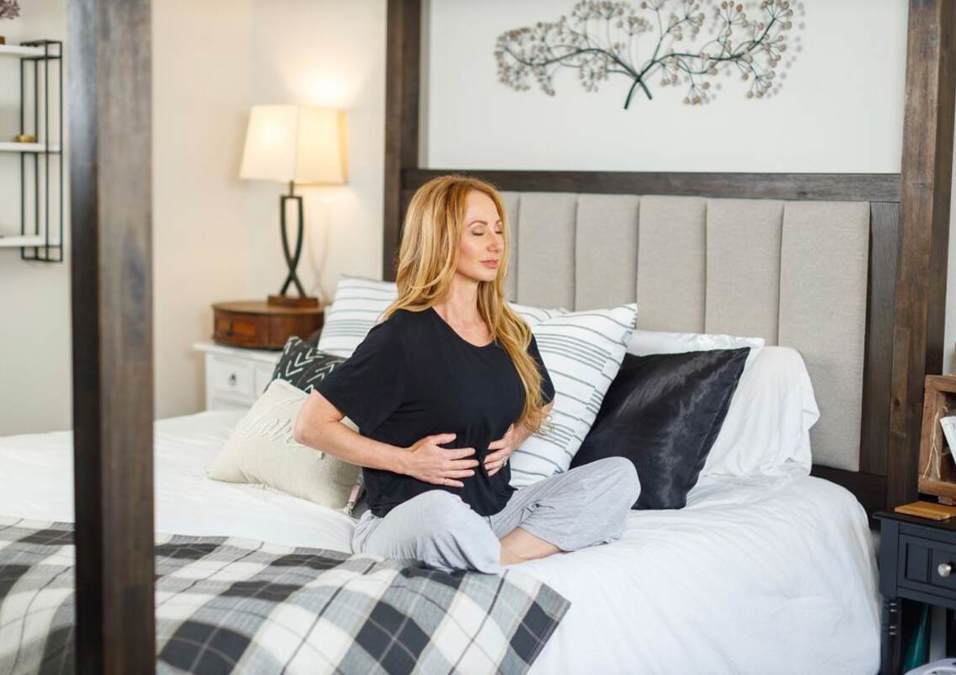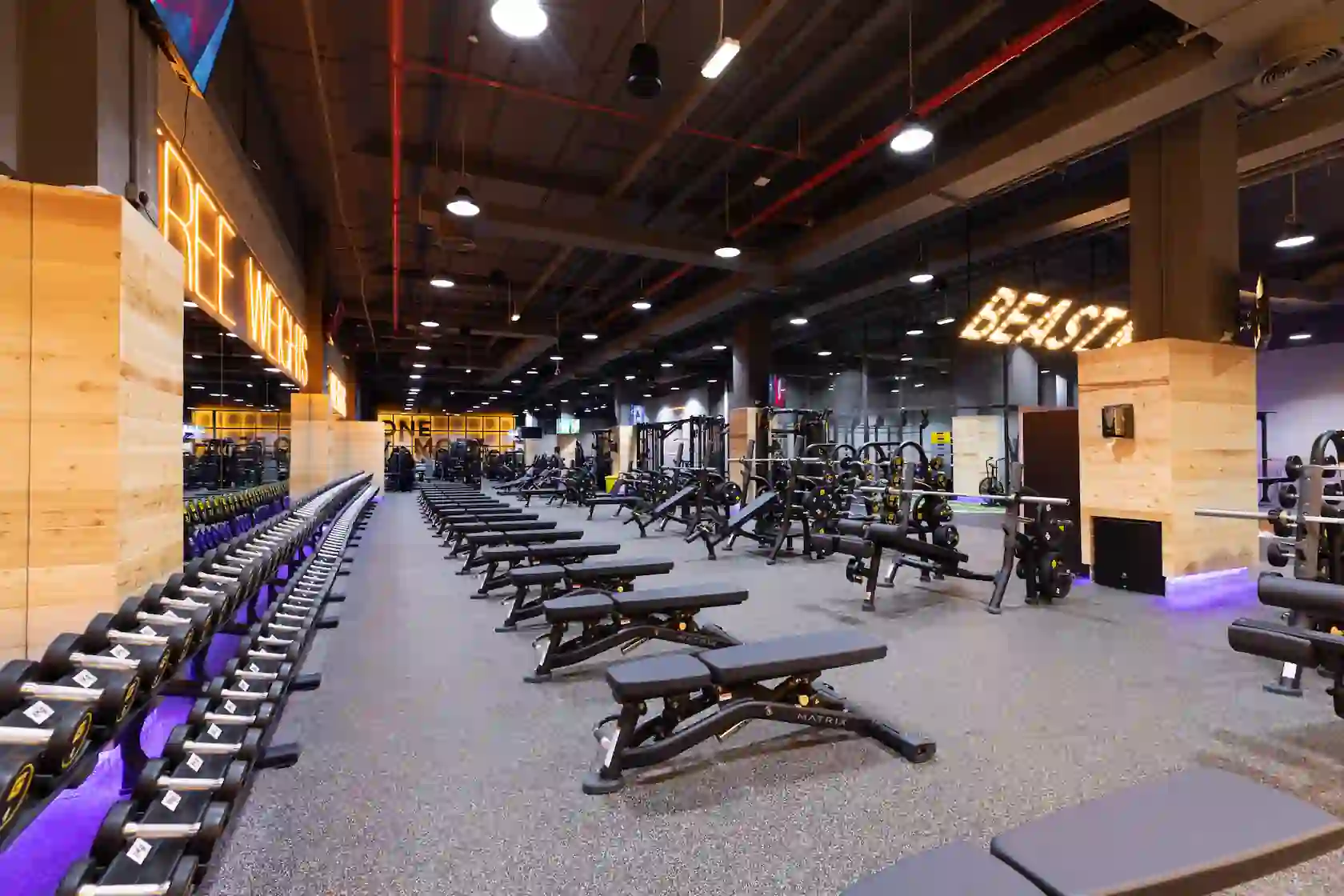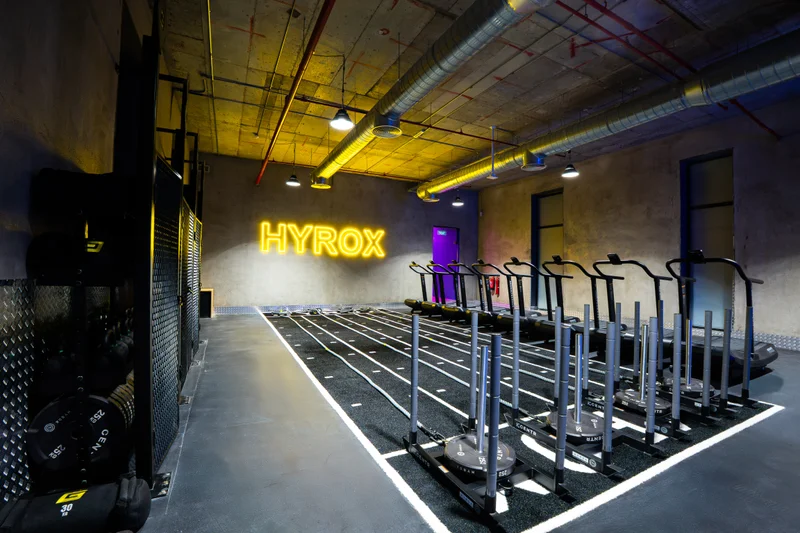Unlocking the Link Between Exercise and Better Sleep

SIGN UP FOR YOUR FREE DAY PASS TODAY!
It might seem logical to think that a good workout leaves you tired enough to fall straight into deep sleep.
But for some, intense evening exercise can have the opposite effect—leaving them buzzing with energy when it’s time to rest.
So, what’s the truth about exercise and sleep, and how can you optimize both?
Read Also: Senior Fitness Revolution in Singapore
Why Intense Workouts Can Disrupt Sleep
If you’ve experienced sleepless nights after vigorous exercise, you’re not alone.
Professor Kevin Morgan, founder of Loughborough University’s Clinical Sleep Research Unit, explains that elite athletes often struggle with poor sleep despite their extreme physical activity.
“They’re wired people—aching muscles, twitching bodies. The route to good sleep isn’t to train like an elite athlete,” Morgan says.
He highlights that exercise doesn’t guarantee better sleep, especially when intensity levels are off the charts.
Activities like high-energy kickboxing or a grueling 10K run too close to bedtime can overstimulate your body, making it difficult to wind down.
Johan Meurling, a sleep and respiratory specialist at London’s Guy’s and St Thomas’ NHS Trust, adds that intense exercise activates the sympathetic nervous system—the body’s “fight-or-flight” response.
While this heightened energy might make you feel physically tired, it can delay sleep and affect its quality.
Finding the Right Exercise Timing
The long-standing rule suggests avoiding strenuous exercise for three hours before heading to bed.
While this is generally sound advice, lighter activities like yoga or a modest workout closer to bedtime may not disrupt your rest, as Morgan explains.
“If you’re a serious runner, avoid doing a 10K right before bed,” he advises. “But gentler activity won’t hurt and can even help.”
For optimal results, Morgan and Meurling encourage exercising earlier in the day.
Regular activity supports better sleep by reducing anxiety, boosting overall well-being, and stimulating melatonin production—a key hormone that signals to your body when it’s time to sleep.
The Importance of Consistency
Even more than timing, consistency is critical. The practice of exercising at the same time each day can train your internal clock, or circadian rhythm, to know when it’s time to sleep and wake up.
Sleep scientists refer to such signals as “Zeitgebers” or time givers. Light is the most powerful Zeitgeber, but regular daily movement runs a close second.
Read Also: amp’s AI Coach: The Future of Personalized Fitness
What’s the Bottom Line?
There’s no universal best time for exercise when it comes to sleep. What matters most is creating a consistent routine.
Whether it’s a morning jog, an afternoon workout, or an evening yoga session, regular activity encourages your body’s natural rhythms, so you can stay energized during the day and rest well at night.
Start experimenting with the timing and intensity of your workouts to find what works best for you. With consistency, you’ll unlock the perfect balance between physical vitality and rejuvenating sleep.
Source: gq
The opinions shared in the GymNation blog articles are solely those of the respective authors and may not represent the perspectives of GymNation or any member of the GymNation team.
GET YOUR FREE TRIAL TODAY
































































































